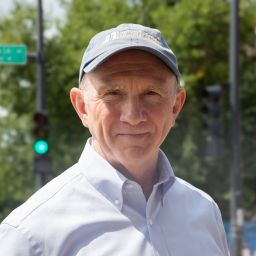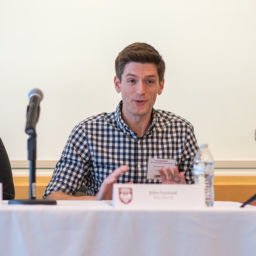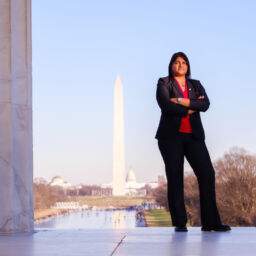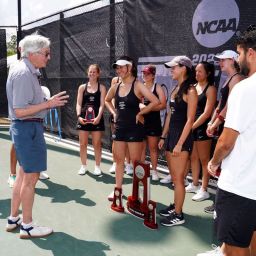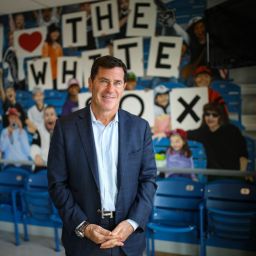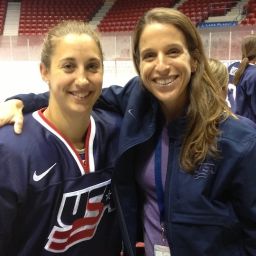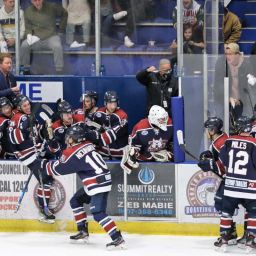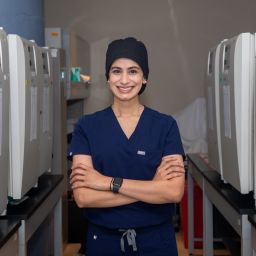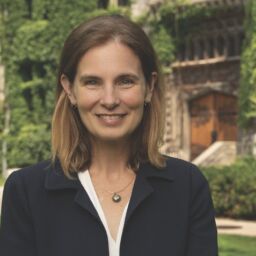As a vice president at drug development and research consulting company PPD, Carol Olson, PhD’82, MD’86, uses both parts of her University of Chicago education every day.
“An MD is critical in clinical research because you need to understand how to do all the safety assessments,” Olson says. “You need to know what drugs are going to cause what adverse events.” At the same time, her PhD training in biochemistry has been invaluable because in her work, she needs to understand metabolism and pharmacokinetics—how the body interacts with a drug.
“Perhaps most importantly,” Olson says, “I can speak the language of all of the people involved in drug development.”
She didn’t start out working in the pharmaceutical industry. After graduating from UChicago, Olson decided to go into infectious disease, and she began working for the Minnesota AIDS Clinical Trials Unit—one of the very first National Institutes of Health–funded programs for AIDS research. “I was able to see how to put together a program,” Olson says, “to actually study specific questions and learn the many pieces of putting together a clinical trial.”
In 1993, she joined Abbott Laboratories to do antibacterial research, studying the bacteria Helicobacter pylori and its role in causing ulcers. She’s been in industry ever since, joining PPD as its infectious diseases therapeutic area head in 2012. Her work today supports the development of antiviral drugs.
Even though she switched from academic medicine to industry, Olson never doubted that she wanted to work in the biological sciences, and she wants to help others who feel the same way.
“If not for scholarships, loans, and grants that I got when I was in college and graduate school, I would not have been able to do what I do,” Olson says. “I come from a rural farm background, and my parents didn’t make a lot of money.”
What continue to drive Olson and her husband, Larry Hancock, PhD, are the future physician-scientists who have the potential to move the field forward. “We need really good doctors and scientists in the future,” Olson says, “and it’s much more expensive today than it was 30 years ago.”
Olson and Hancock have endowed a scholarship for the Medical Scientist Training Program, the Sapphire Oak Scholarship Fund, taking advantage of the Legacy Challenge match (gifts to support medical and PhD student scholarships over a certain amount are eligible for a 50 percent match). They have taken three different routes with their giving. First, they made individual annual gifts for nearly 20 years. Then they made two different kinds of planned gifts: dedicating a percentage of their estate to the University of Chicago and also creating a charitable remainder unitrust, which pays an annual amount back to the couple in life income. The remainder will be split between the University of Chicago and Olson’s undergraduate institution, Concordia College in Moorhead, Minnesota.
“We can provide gifts to the University while still providing for ourselves,” Olson says. “We were open to these opportunities and were fortunate to be able to take advantage of them.”



